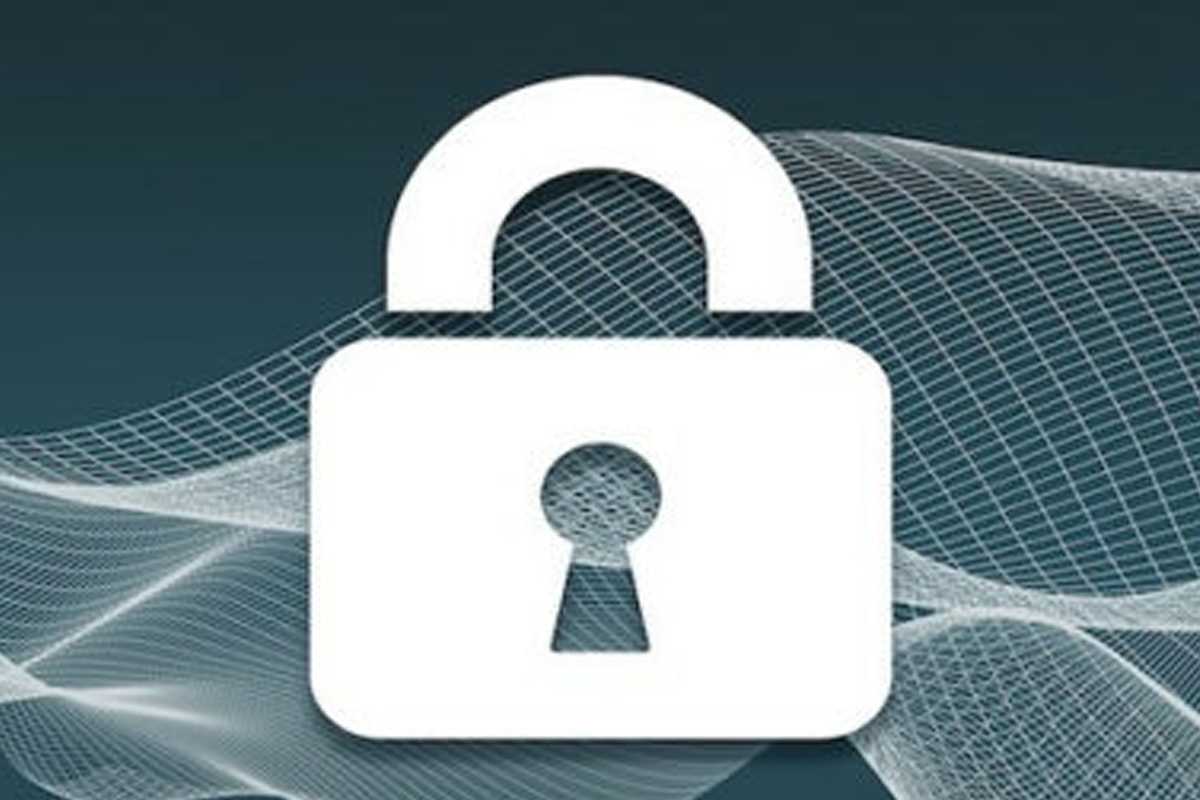Businesses rely heavily on managed IT service providers to streamline operations, enhance productivity, and connect with customers. However, this increased reliance on technology also exposes them to various cyber threats that can lead to devastating consequences. Cybersecurity breaches, IT data theft, and malicious IT attacks have become common occurrences, jeopardizing the integrity and profitability of businesses. In such a perilous landscape, having a well-trained and vigilant workforce is paramount. In this blog, we will explore seven compelling reasons why businesses must invest in continuous cybersecurity training for their employees.
1. Cyber Threat Landscape Constantly Evolving:
The digital world is dynamic, and cyber threats are continuously evolving. Hackers and cybercriminals are constantly devising new and sophisticated methods to breach security systems and exploit vulnerabilities. Consequently, relying on a one-time professional cybersecurity training service is insufficient to tackle emerging threats. Regular IT security training ensures that employees are equipped with up-to-date knowledge and skills to recognize and thwart potential attacks promptly.
2. Human Error is a Significant Risk:
Studies have shown that a large percentage of cybersecurity incidents result from human error. Employees are often the weakest link in an organization’s cybersecurity defenses. Whether it’s falling victim to phishing emails, using weak passwords, or inadvertently downloading malware, human errors can have severe consequences. Continuous managed cyber security training helps employees understand their role in safeguarding sensitive data, making them more cautious and vigilant in their digital activities.
3. Protecting Valuable Business Assets:
Data is a valuable asset for any business, and protecting it should be a top priority. Cybersecurity breaches can lead to data theft, financial losses, loss of intellectual property, and reputational damage. Regular IT security consulting and training empowers employees with the knowledge to recognize potential risks and apply best practices in handling and securing data. This proactive approach significantly reduces the likelihood of data breaches and mitigates potential damages.
4.Compliance and Regulatory Requirements:
Many industries are subject to strict data protection regulations and compliance standards. Non-compliance can lead to hefty fines, legal issues, and a tarnished reputation. Continuous cybersecurity support and training ensures that employees understand and adhere to these regulations, keeping the business in good standing with regulatory bodies and maintaining customer trust.
5. Safeguarding Customer Trust:
Customers entrust businesses with their personal information, and any compromise in data security can shatter that trust instantly. A single data breach can lead to customer attrition and negative publicity. By demonstrating a commitment to cybersecurity through continuous training, businesses can reassure their customers that their data is safe and build long-term relationships based on trust.
6. Incident Response and Mitigation:
In the unfortunate event of a cybersecurity incident, the organization’s response time is critical. Properly trained employees can quickly identify and report incidents, enabling the IT and cyber security managed service providers to respond promptly and effectively. Swift action can prevent the escalation of an attack and minimize its impact on the business.
7. Fostering a Cybersecurity Culture:
Cybersecurity training goes beyond just imparting knowledge; it helps create cybersecurity awareness within the organization. When employees understand the significance of cybersecurity and their role in it, they become active participants in the defense against cyber threats. This cultural shift leads to a collective effort to protect the organization from potential risks.
In a digital landscape where cyber threats are ever-evolving, continuous cybersecurity training for employees is no longer an option but a necessity. Businesses must prioritize ongoing education to arm their workforce with the knowledge and skills needed to safeguard valuable assets, protect customer trust, and maintain a strong defense against cyber threats. By fostering a cybersecurity-aware culture and promoting best practices, organizations can create a resilient and secure environment working with Complete Technology, ensuring long-term success in today’s interconnected world.







